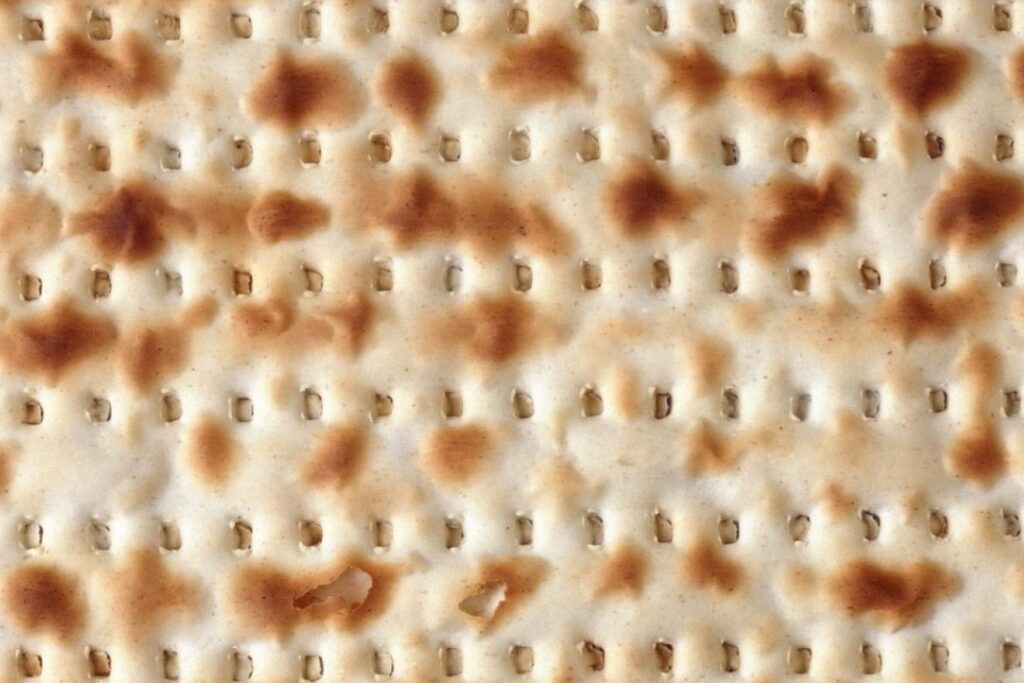Parshat Vayikra begins with an unusual detail in its very first word: “וַיִּקְרָא” (Vayikra—“And He called”). The aleph at the end of the word is written smaller than usual in the Torah. This seemingly minor scribal detail carries deep significance, teaching us about humility. The Midrash explains that Moshe Rabbeinu, despite his unparalleled closeness to Hashem, did not want to emphasize his own greatness. He wished to write “ויקר” (Vayikar—“And He happened upon”), implying that Hashem called to him only incidentally, just as He did to Bilam. However, Hashem insisted on “וַיִּקְרָא,” a direct and personal calling, and as a compromise, Moshe wrote the aleph small.
This humility—acknowledging one’s role yet not seeking self-importance—is essential as we approach Pesach. Pesach is a time of renewal, a time when we rid ourselves not only of chametz but also of arrogance, symbolized by the puffed-up nature of leavened bread. Chametz represents haughtiness, while matzah, flat and simple, represents humility. Just as Moshe Rabbeinu did not let his leadership make him feel superior, we, too, must ensure that our spiritual preparation for Pesach focuses not on pride but on genuine personal growth.

The act of cleaning for Pesach itself teaches humility. It is easy to dismiss cleaning as tedious or overly meticulous, but in truth, it is a powerful spiritual exercise. Searching every corner for chametz forces us to confront the “hidden crumbs” in our own lives—our habits, our assumptions, and our ego. When we bend down to scrub and search, we engage in an act of submission, reminding ourselves that even the smallest details matter. We are not above the work; rather, we find meaning in the effort.
Just as Moshe’s humility allowed him to receive Hashem’s direct call, our humble and dedicated preparation for Pesach allows us to experience true freedom—not just from physical slavery, but from the arrogance that enslaves us to ourselves. May we take this lesson from Parshat Vayikra and bring it into our Pesach cleaning, transforming it from a burden into a meaningful journey of humility and renewal.
Shabbat Shalom,
Yiska Guberman and the JET Team

